Samsung Galaxy S22 review
Two-minute review
It's hard to review the Samsung Galaxy S22 without making reference to its big brother, the Galaxy S22 Ultra. Now there's a phone with a radical new idea. Okay, it's an idea borrowed from the Galaxy Note line, but still, the Ultra stands apart from the S22 and S22 Plus. In fact, it makes the Galaxy S22 feel a bit less-than.
But the S22 Ultra is a considerably more expensive phone, so we’d be comparing apples to oranges to an extent. So let’s focus on what makes the Samsung Galaxy S22 such a fun, attractive, and palm-friendly device.
Put simply, the S22 has enough of everything. It pushes no boundaries in terms of photography, screen size, and battery life, yet it still compares favorably to Apple's $799 / £779 / AU$1,349 iPhone 13.
Samsung's flagship phone provides more megapixels and sensors for photos, and gives you 3x optical zoom. To get something similar on the iPhone, you'll have to jump up to the pricier Pro models.
The Samsung Galaxy S22 is the kind of phone you get if your tastes are upscale but your budget is a bit downrange. Its 6.1-inch screen can feel cramped if you’re coming from virtually any similarly-priced Android phone from OnePlus and Xiaomi. However, placed side-by size with an iPhone 13, the dimensions are similar – and the resemblance is uncanny.
It's a handset that will quickly become a trusted companion. The cameras should satisfy most average mobile photography users, and the image quality is excellent. The adaptive screen-refresh technology does a nice job of keeping everything from fast scrolls to action games looking smooth, and you’ll have no trouble shooting and editing 4K, 30fps video. The Galaxy S22 can also shoot 8K, but the screen stuttered while shooting it so we’re not ready to say this is an 8K-winner.
Like the rest of the S22 line, the Galaxy S22 is running Qualcomm's Snapdragon 8 Gen 1 in the US, or Samsung’s own Exynos chip in the UK and elsewhere,) and both are backed by 8GB of RAM and up to 256GB of storage. The mobile CPU is snappy and capable, but that storage limit without the ability to add a microSD card is frustrating.
Overall, if you like Samsung and Android together, this is an affordable and familiar (we see you, Galaxy S21) way to get in at the top of the Galaxy line. For those who want a 5G Samsung Galaxy but want to pay hundreds less, they should look at the Galaxy A Series.
Samsung Galaxy S22 price and availability
The Samsung Galaxy S22 went on sale on February 25 in the US, March 3 in Australia, and March 11 in the UK.
You can pick up the Galaxy S22 with 128GB storage for $799 / £769 / AU$1,249, or with 256GB for $849 / £819 / AU$1,349.
That pricing has not changed since the Galaxy S21 line.
Design
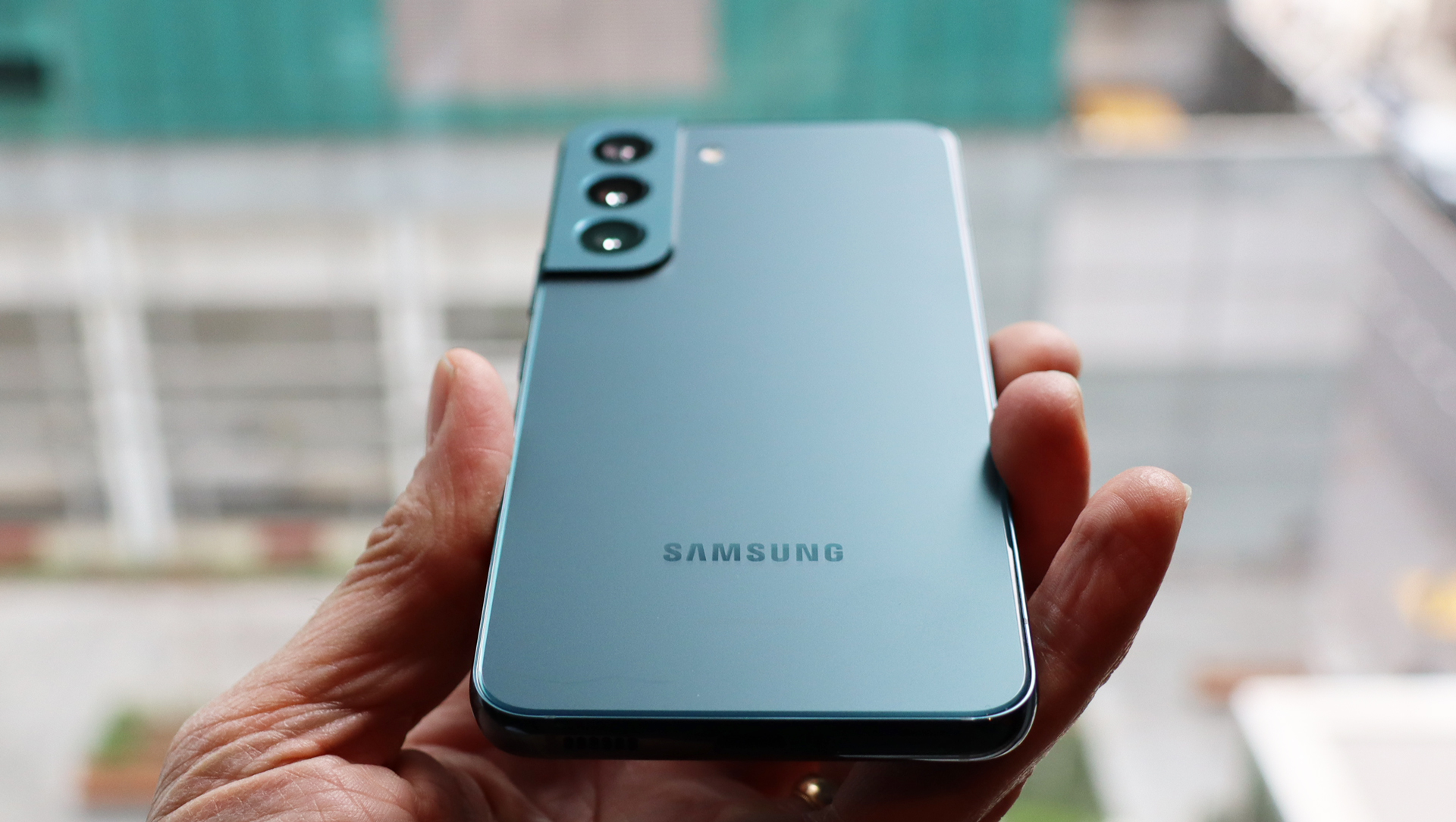
Samsung evidently opted not to stray far from the Galaxy S21 design from the previous year, but there are two differences - one is noticeable, the other not so much.
Samsung hasn’t strayed far from the design of last year’s Galaxy S21, but there are two key differences – one noticeable, the other not so much.
The Galaxy S22 has a 6.1-inch display, making it 0.1 inches smaller than its predecessor, but it’s not something you’ll notice. What is noticeable is the new Gorilla Glass Victus Plus back – the rearwas plastic last year. This change gives the phone a much more premium feel, and the Galaxy S22 now feels every bit as solid, and looks as elegant, as the iPhone 13.
This is a phone that’s small enough to slip into your pocket or bag and forget about. In today's world of oversized phones (like the larger Galaxy S22 Ultra), the S22's 70.6 x 146 x 7.6mm, 168g chassis feels puny. Apple's iPhone 13 mini holds the ‘small flagship’ crown, though.
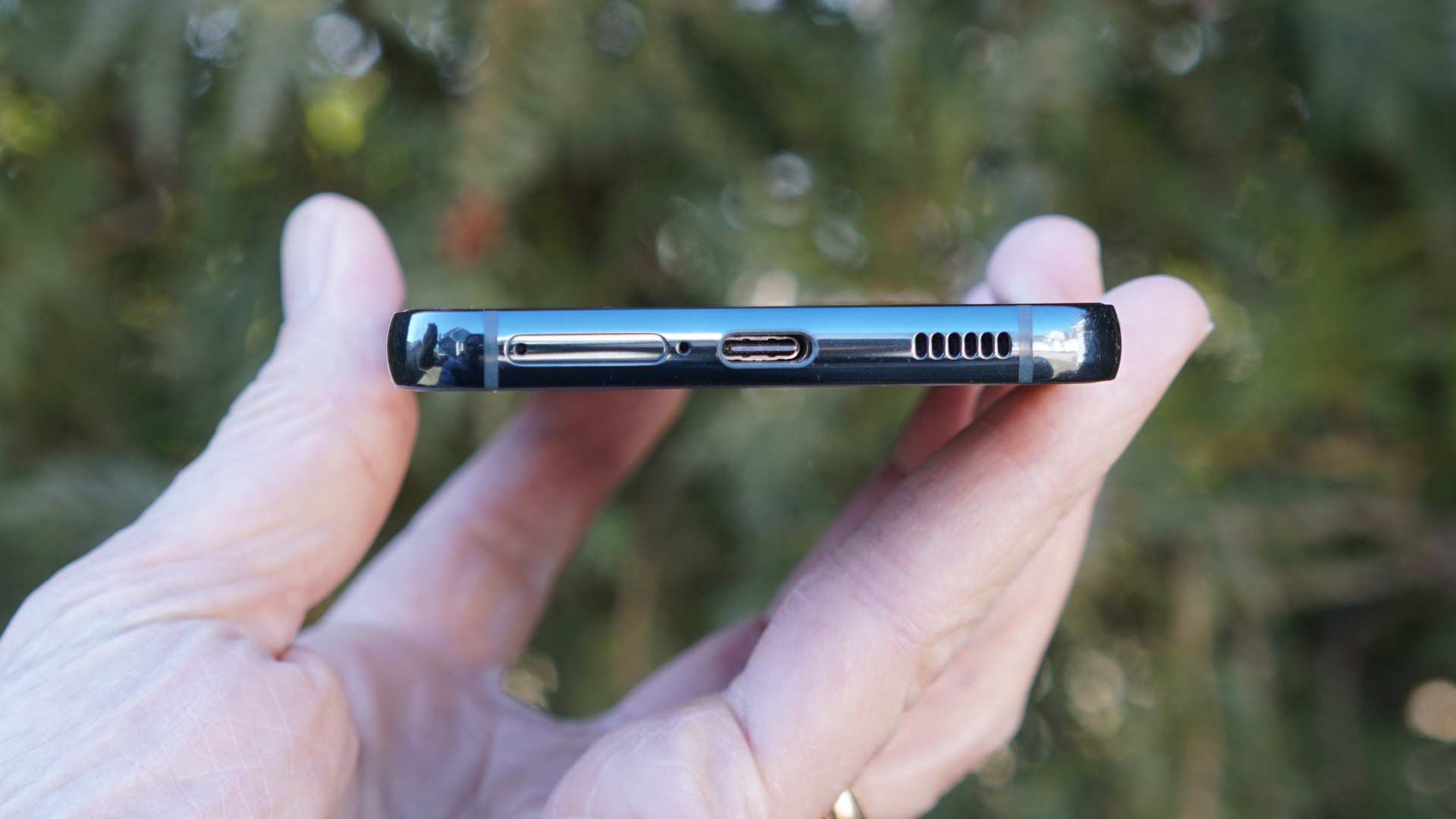
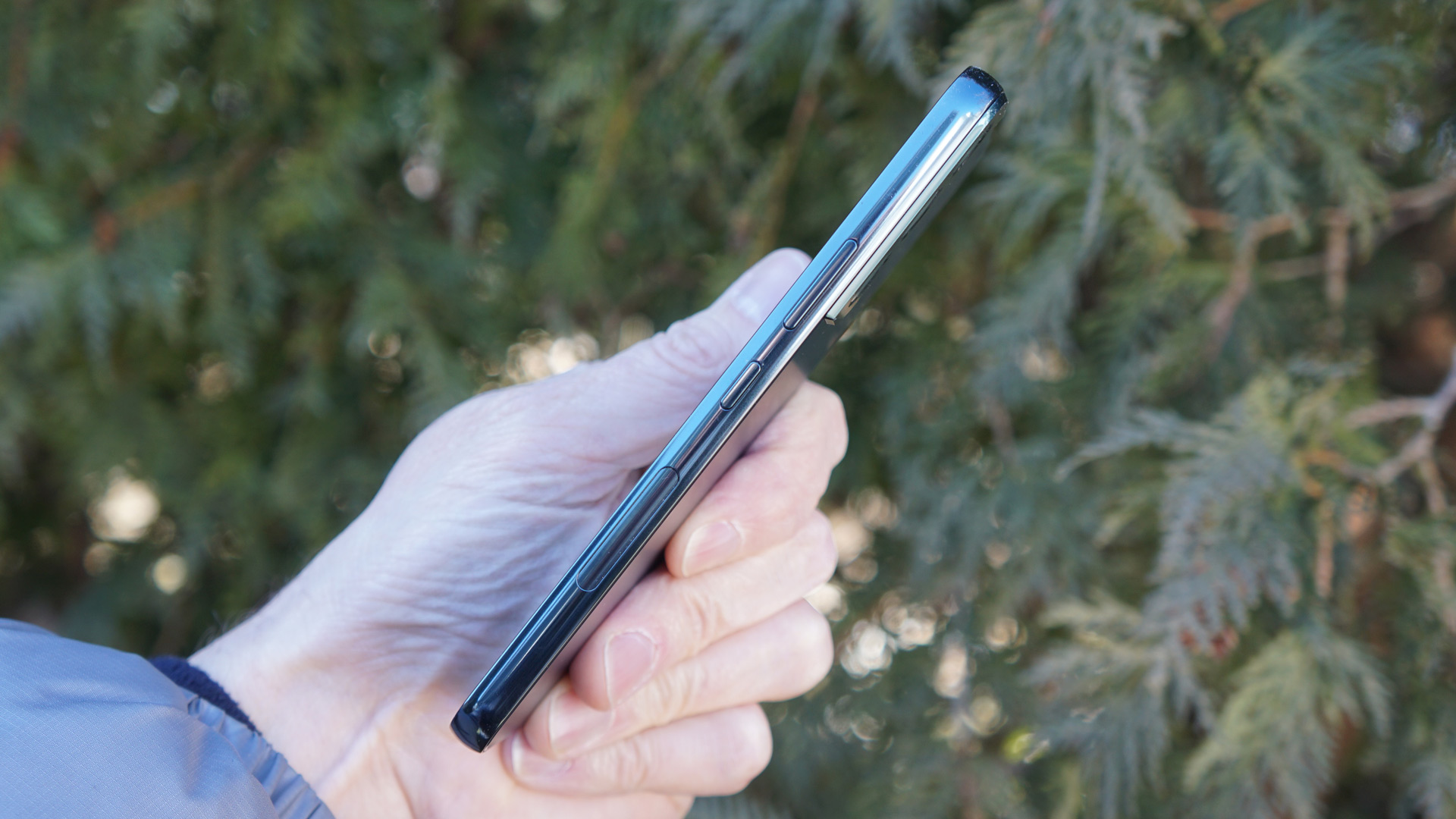
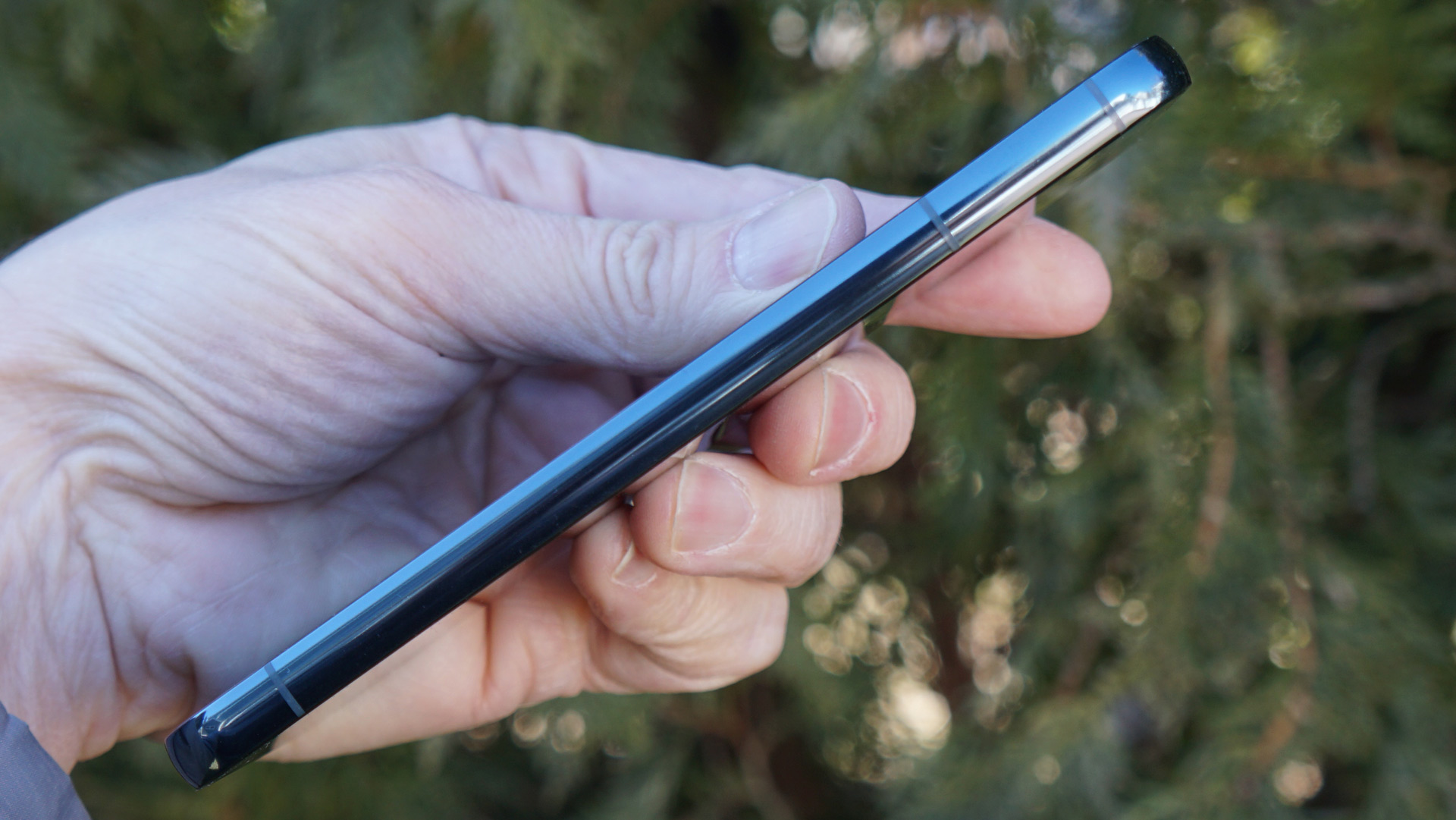
Where Apple now favors a smooth flat metal band around its phones, the Galaxy S22's aluminum frame offers a small, albeit comfortable curve, which some may find slightly more comfortable to hold for long periods than the iPhone 13. The phone is IP68 rated, which makes it water and dust-resistant. In practice, a drop in the sink is no big deal.
We’re glad Samsung left the contour-cut camera module untouched. It's attractive and efficient. The brushed glass back looks and feels great, and does a nice job of highlighting our test unit's Forest Green color – it also doesn’t show fingerprints. Other color options include Phantom Black, Phantom White, and Pink Gold.
There are just two buttons – power and the volume rocker – along one edge of the phone. On the top edge is a tiny hole for a microphone. The bottom houses one speaker (the other half of the decently-loud stereo speaker system is hidden along the top edge of the display), the SIM slot, another microphone hole, and the USB-C charging port (note that the S22 doesn’t support the 45W charger that Samsung sells for the Galaxy S22 Plus).
Display
The edge-to-edge Dynamic AMOLED display has a resolution of 2340 x 1080 pixels, which is good, though it is lower than the iPhone 13's Super Retina XDR 2532 x 1170 display. Samsung makes up for that deficit by having a smaller black bezel around the screen, and no intrusive notch.
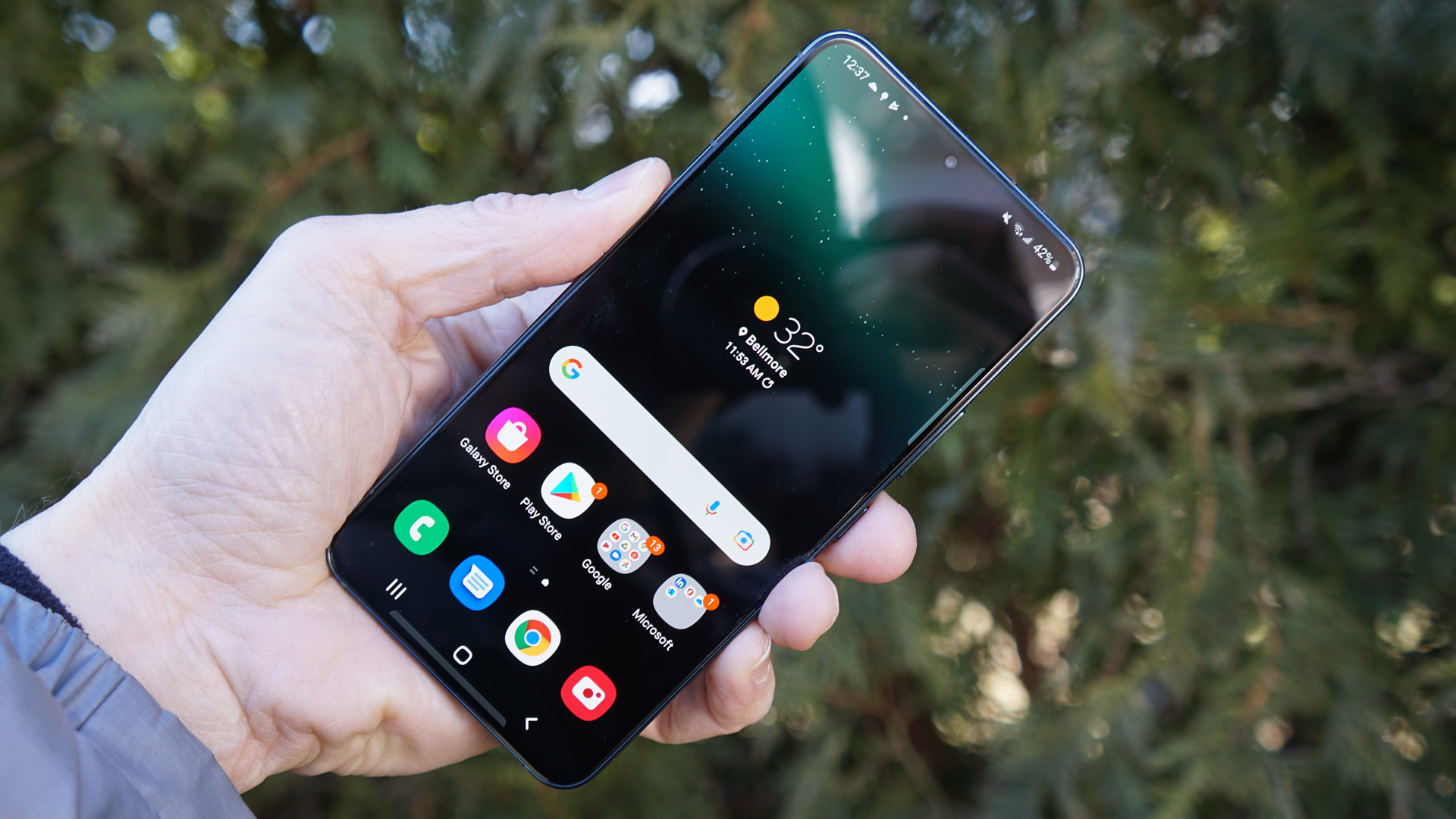
To accommodate the 10MP front-facing camera, Samsung has cut a small circle in the display. It's not distracting, and didn’t break our immersion through long games of PUBG Mobile.
The screen is as bright and attractive as any we’ve seen. The adaptive refresh rate (10Hz to 120Hz) makes every movement in scrolling, videos, and games look smooth. High refresh rates can burn through charge quickly, so you can lock the refresh rate at 60Hz if you want to extend battery life, or at 120Hz if this isn’t a concern for you.
The screen also promises to boost touch sampling (the speed at which it will recognize and respond to touch) for Game Mode. We had no responsiveness issues, but we also haven't noticed any gaming sluggishness in other flagship phones we've tested this year.
Underneath the display is the ultrasonic fingerprint reader. This lets you register your finger (or fingers) of choice and is an effective biometric security tool. The phone also supports face recognition, though there's also a warning that it's less secure on this device than fingerprint unlocking is.
Cameras
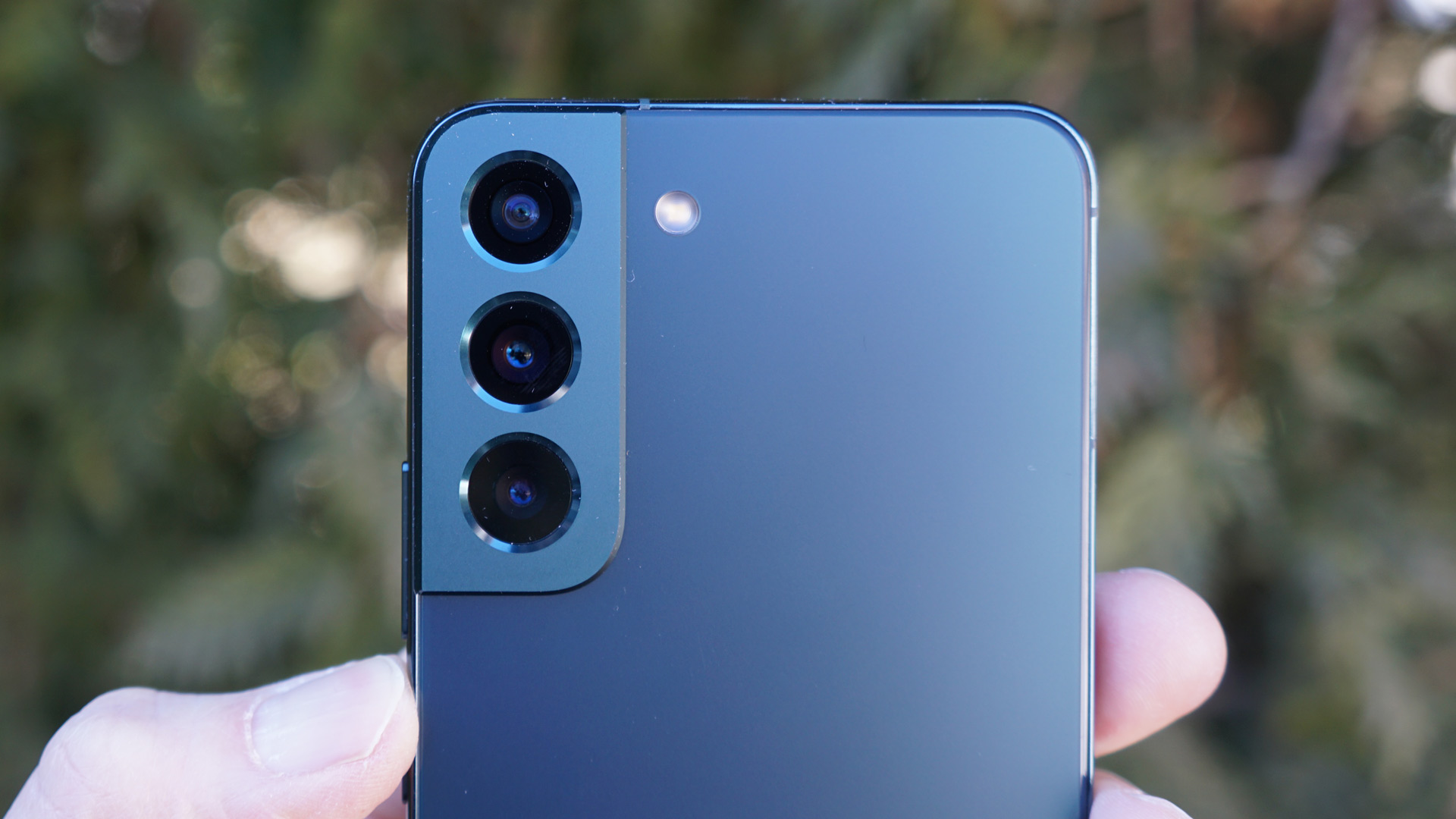
While the Samsung Galaxy S22 looks a lot like the S21, right down to the contour-cut camera array, Samsung has mixed things up a bit. There are still three lenses, but some of the sensors backing them are different.
The 12MP ultrawide f/2.2 camera is virtually unchanged, but it's now grouped with a new 50MP f/1.8 main camera and a 10MP f/2.3 telephoto. That last camera has far fewer pixels than the S21’s 64MP sensor but keeps the zoom at 3x (the S21 listed the zoom as hybrid; this is optical zoom). You can enjoy digital zoom up to30x, which is fun, but not as good or exciting as the S22 Ultra's 100x Space Zoom. Still, it's nice to get 3x optical on a sub-$800 phone.
On the front is the 10MP selfie camera, which appears unchanged from the Galaxy S21.
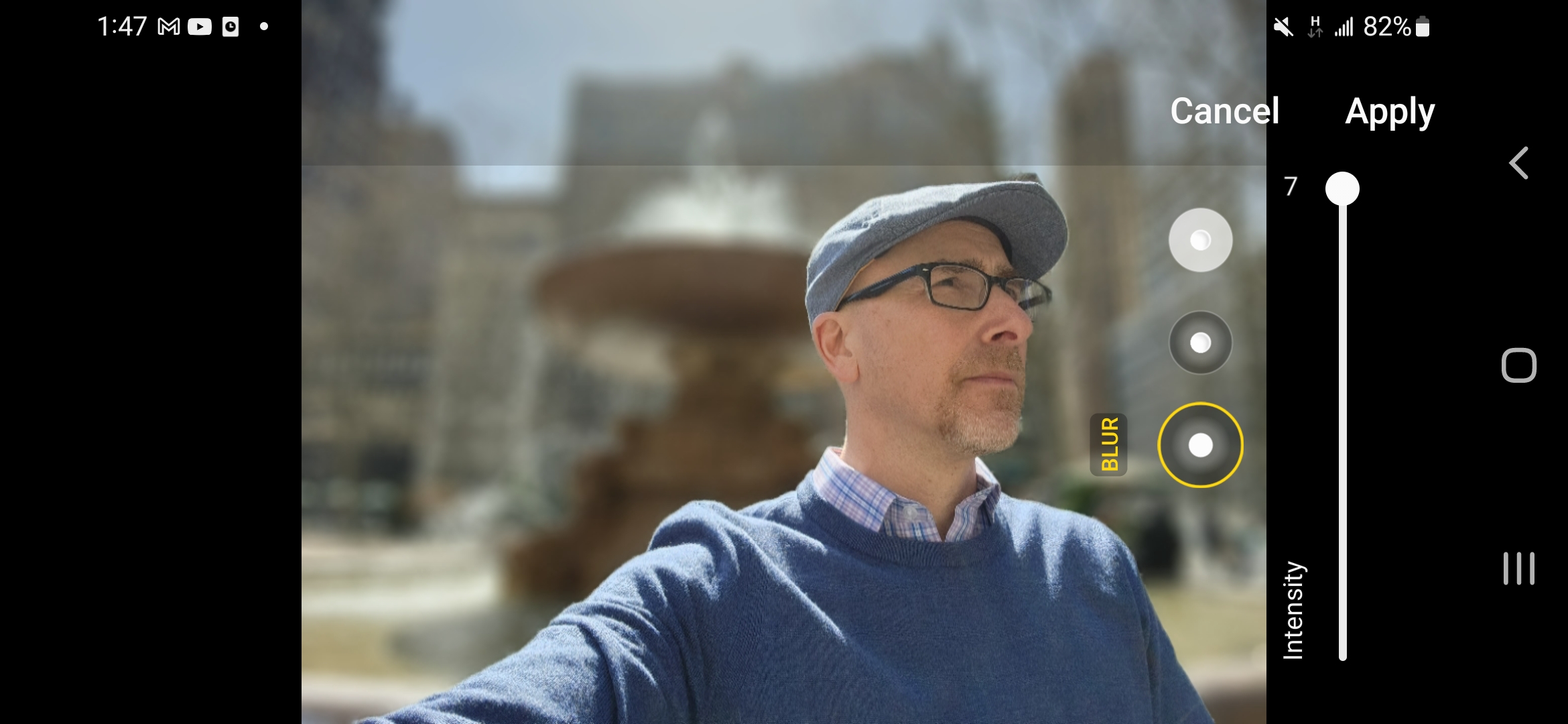
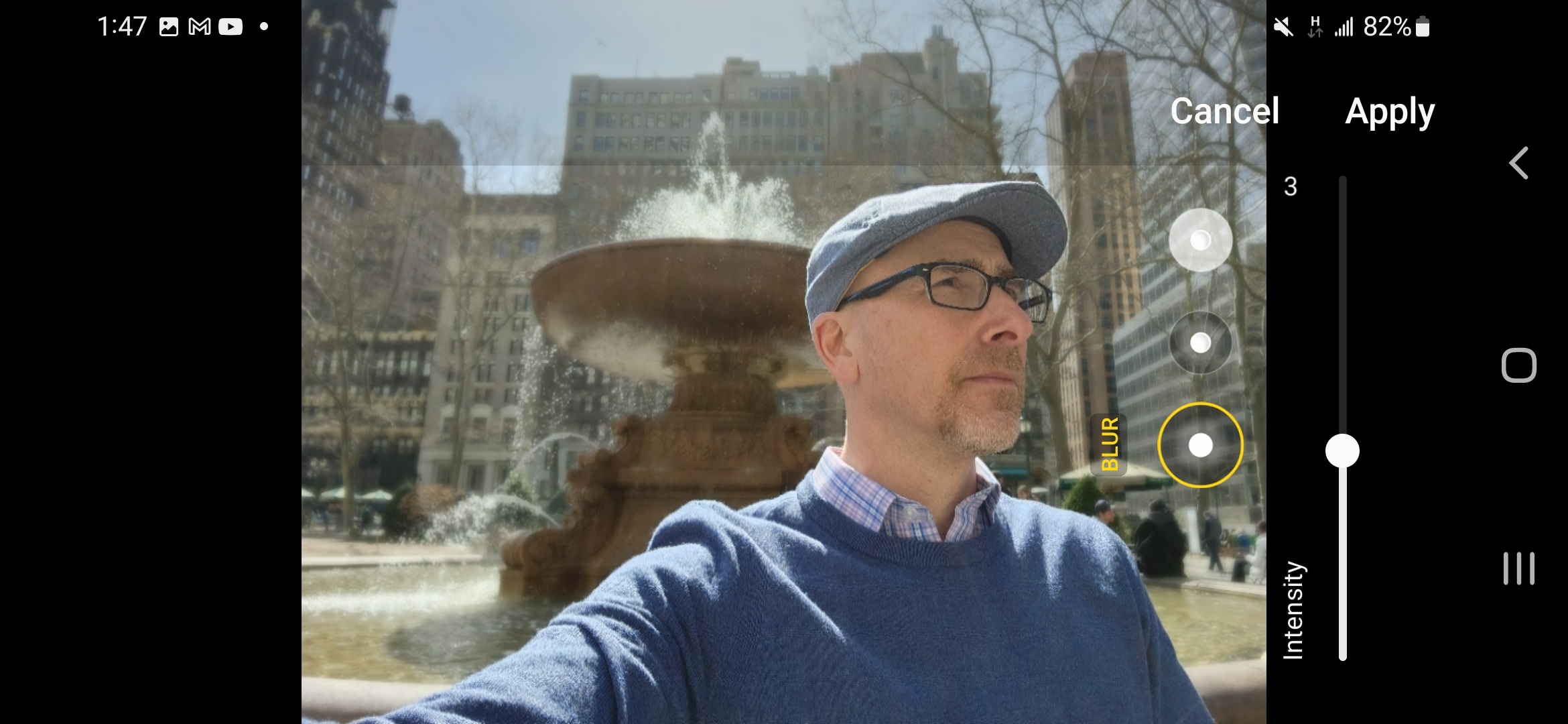
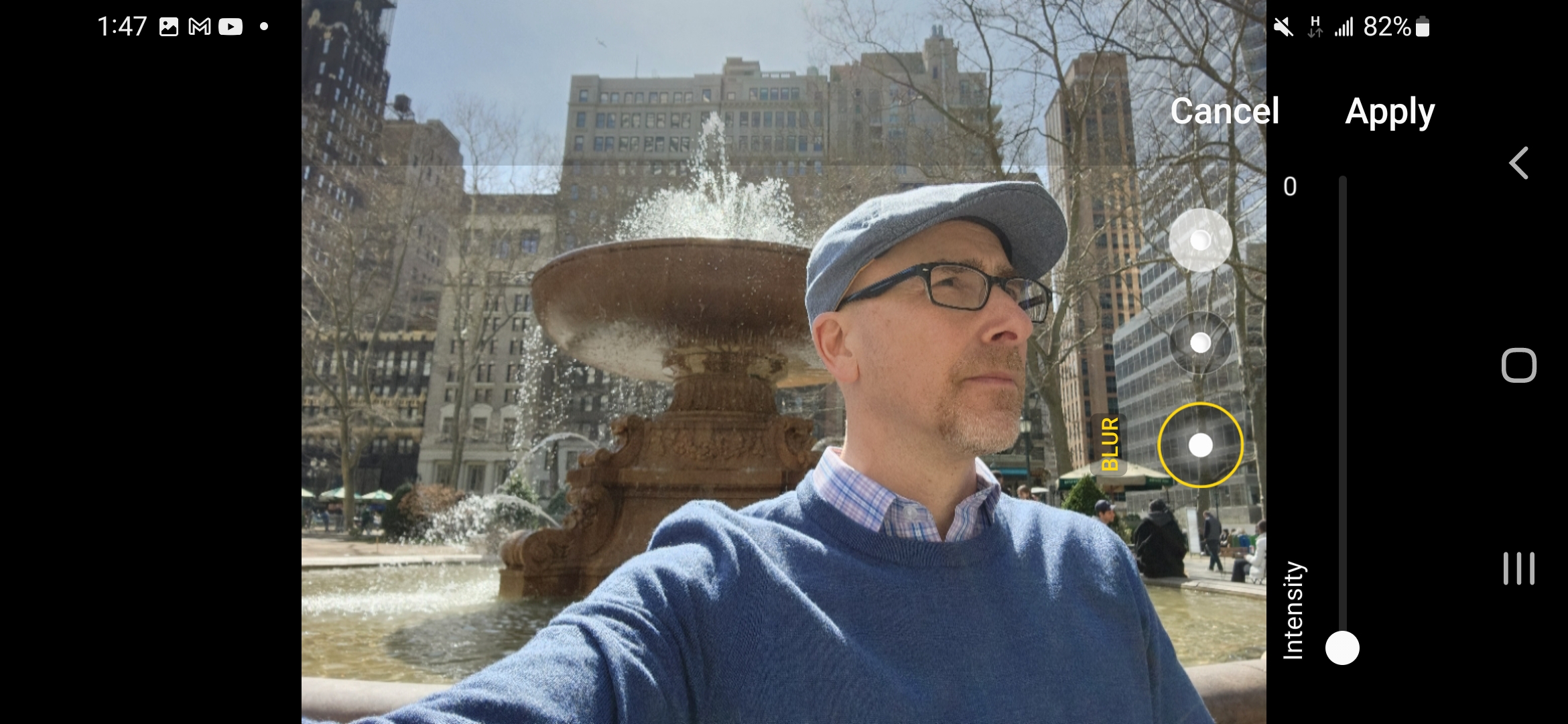
Photography across a range of styles (wide, ultrawide, portrait, night mode) and the available lenses are good. Samsung's over-bright colors are still in evidence; they have a tendency to make, for instance, the sky too blue, and the results almost never match what you see with the naked eye. Looking back at the photos, you can't help but be pleased, but if you want absolute color fidelity, you might look elsewhere.
Portrait mode photography, which lets you adjust the bokeh effect before or after you take the shot, is a strong point. The software does an excellent job of separating subjects – human, or otherwise – from their background for professional-looking results.
The 10MP, 3x optical zoom does a good job, though its capabilities break down when it comes to 10x and 30x. We’re not sure there are enough pixels to support this level of digital (even AI-backed) interpolation.
The camera app includes a rather deep set of shooting modes and controls, many of them hidden under ‘More’ (typical of an Android phone). There's Pro mode, for instance, which gives you control over shutter speed, ISO (film speed in old-school camera-speak), focus point, and white balance.
The Samsung Galaxy S22 doesn't include a Cinematic mode, as Apple does in the iPhone 13, but you can adjust the depth of focus while shooting video if you use the Pro Video mode setting. With that on, you can tap on any subject and the camera will refocus on them. It's a shame Samsung hides such a useful feature in this way.
Camera samples
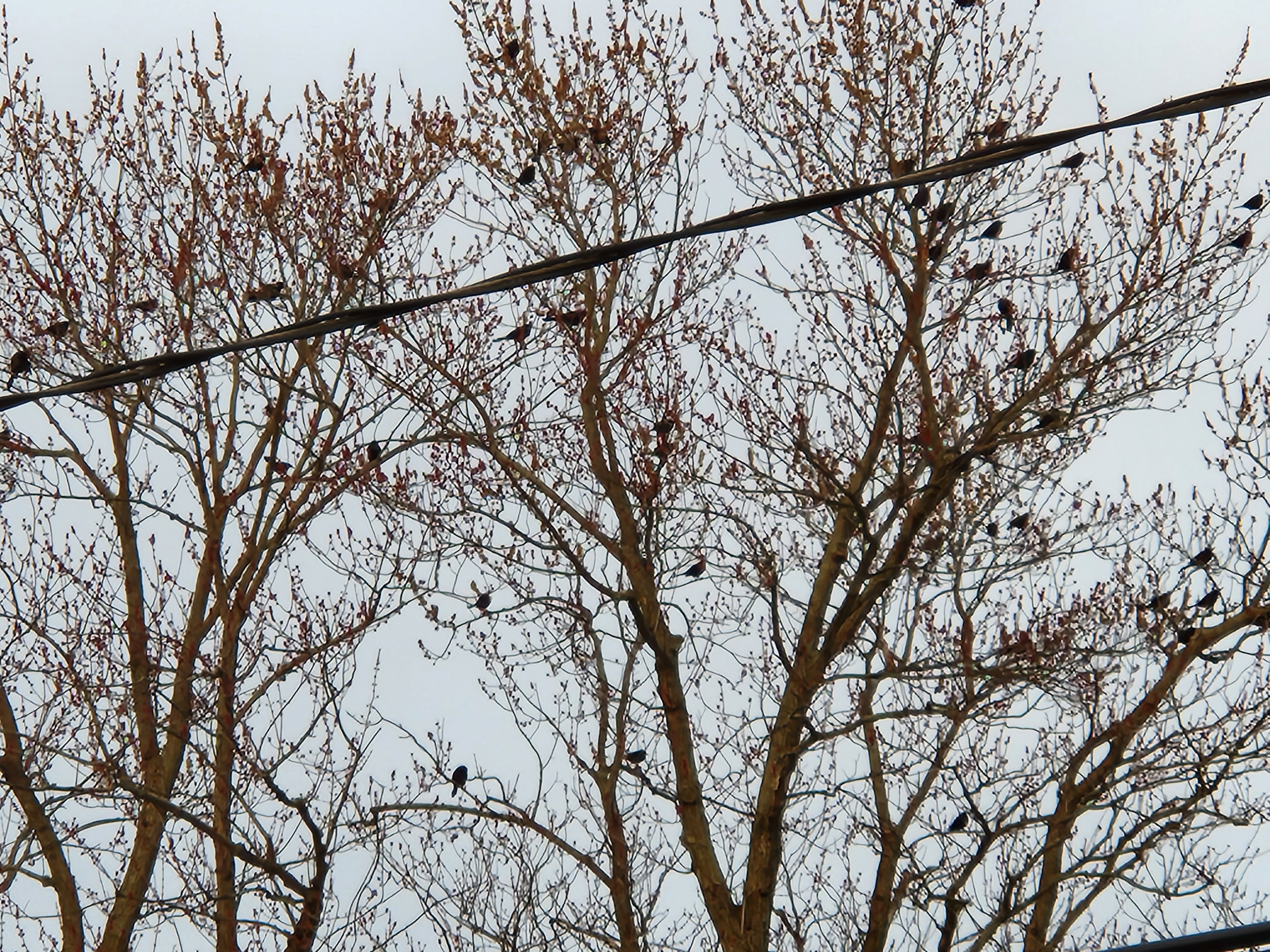
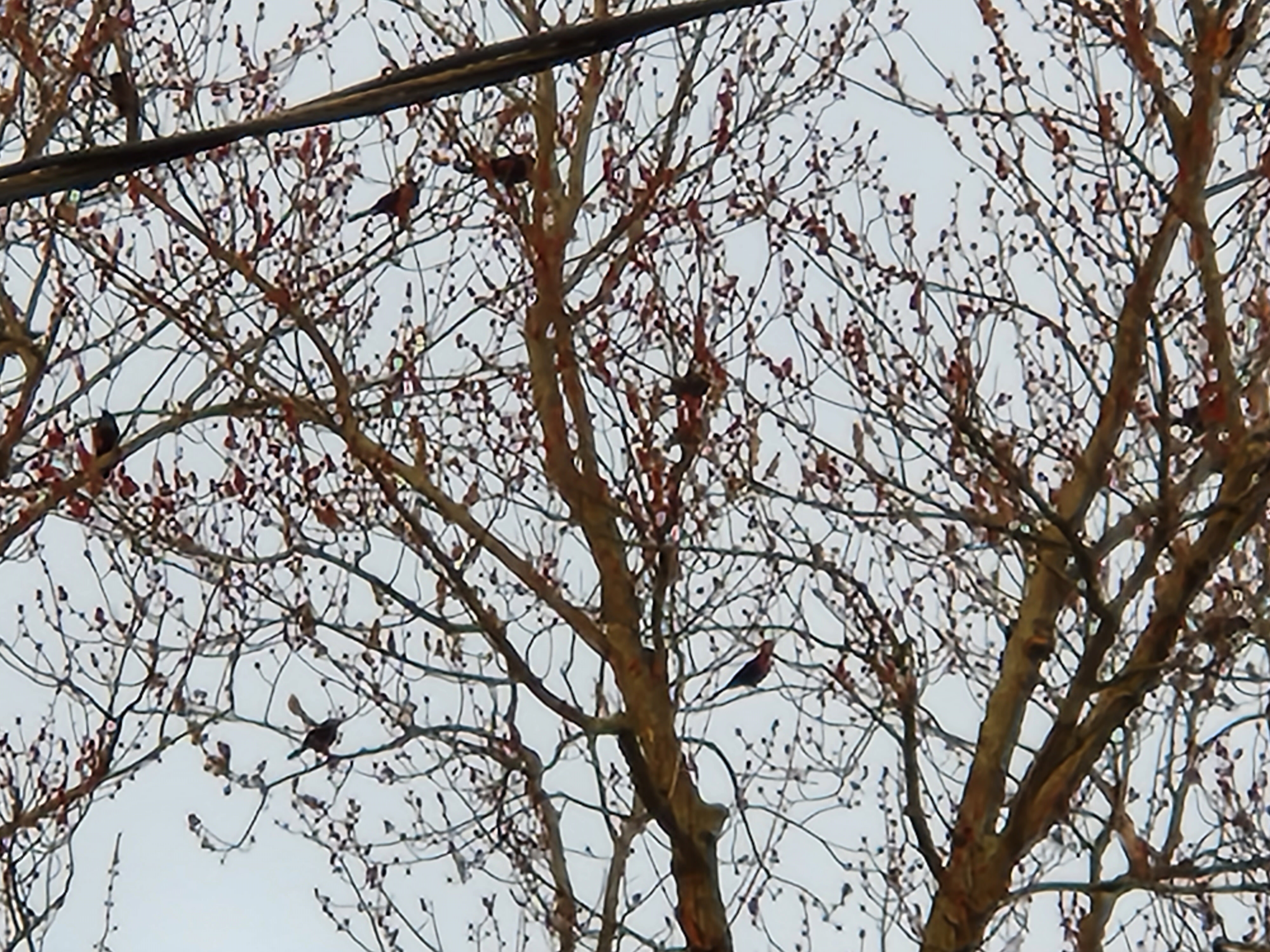





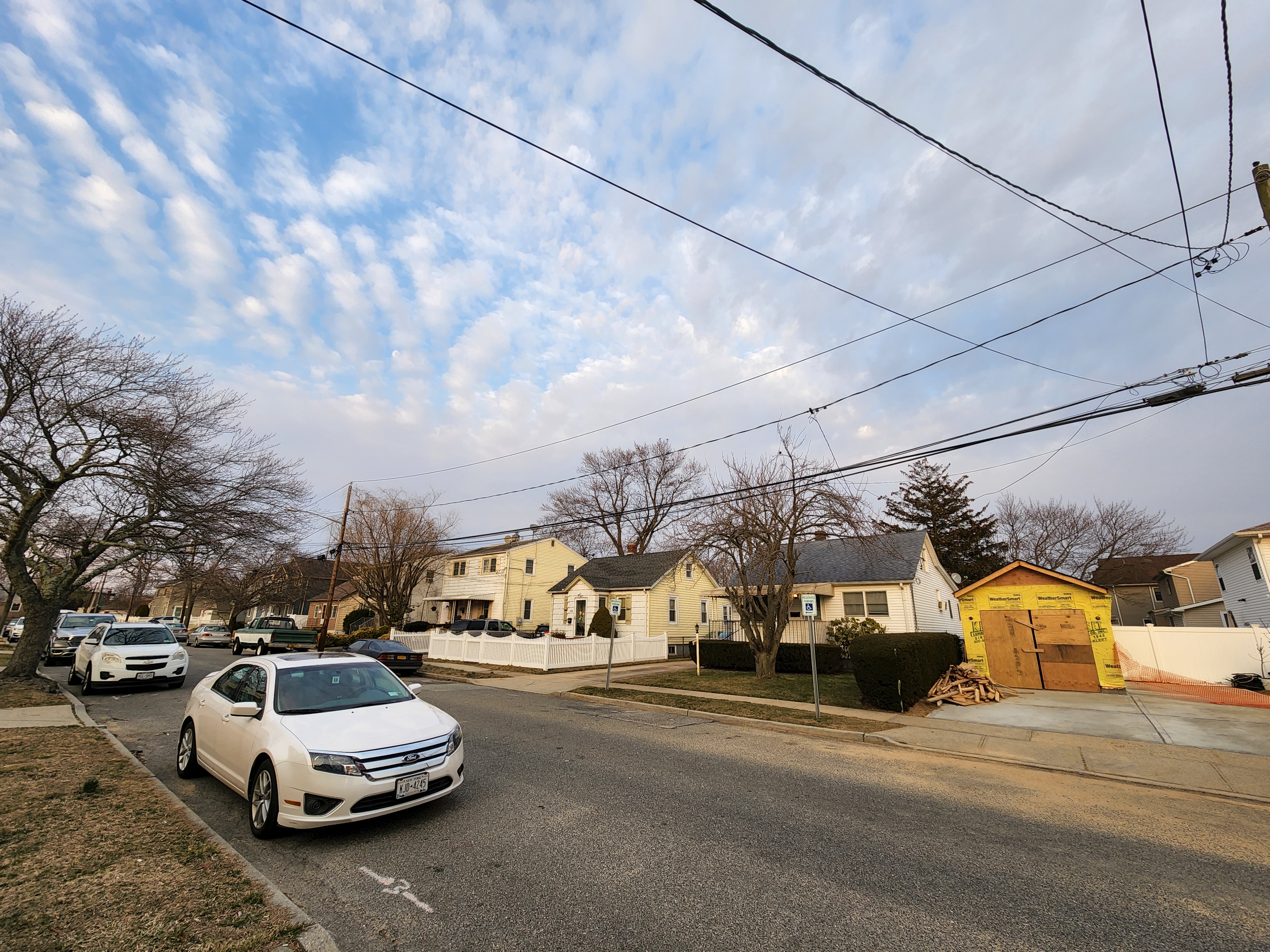
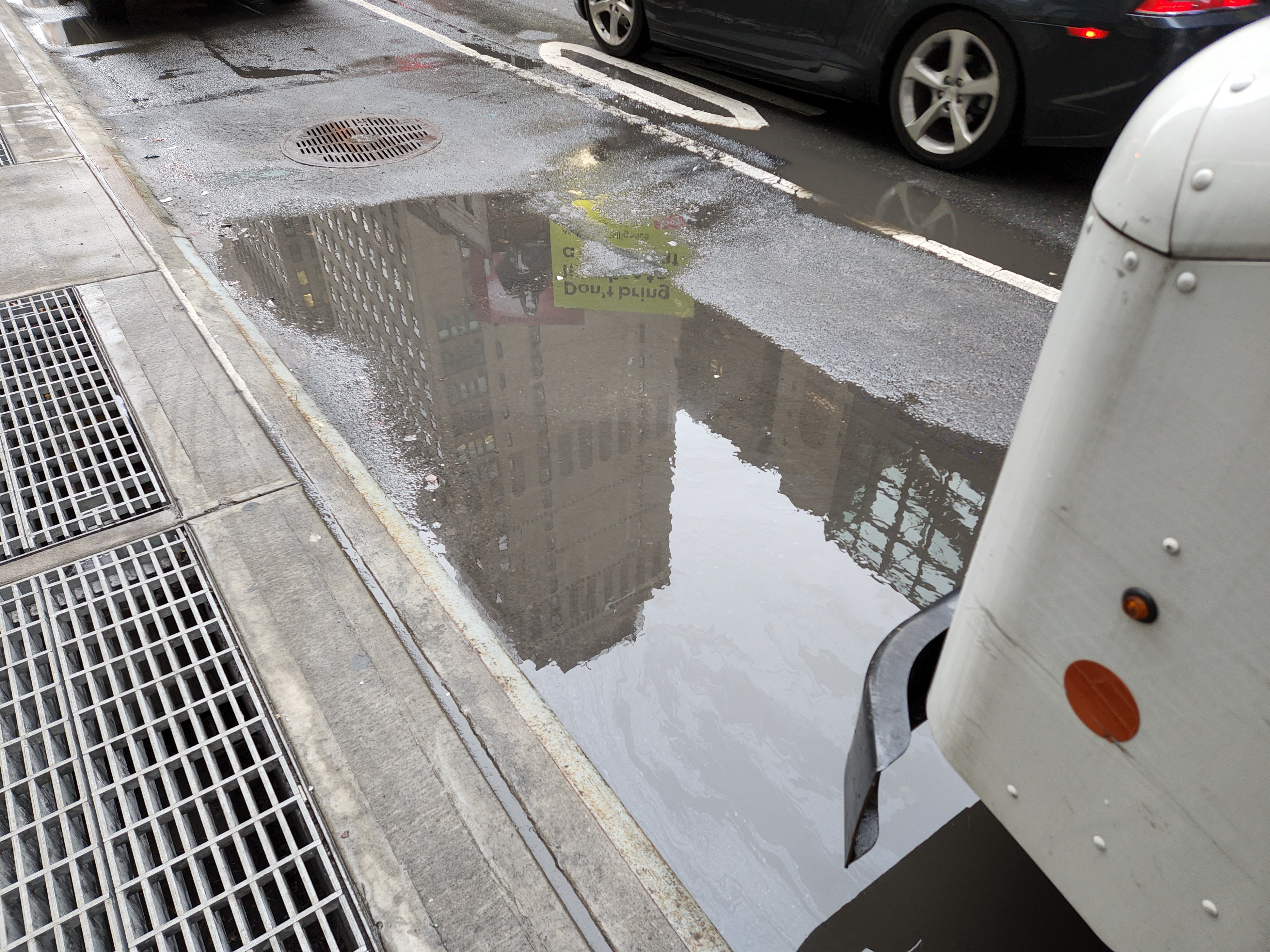
Performance and specs
Samsung has equipped all members of its S22 line with the latest mobile chipsets. In the US, that’s the Qualcomm Snapdragon 8 Gen 1, while outside the US and Asia the Galaxy S22 runs on Samsung’s own Exynos 2200. Both processors are paired with 8GB of RAM, and either 128GB or 256GB storage.
When we benchmarked the Galaxy S22 against the S22 Ultra, we found the Geekbench scores to be essentially equal. Both phones’ scores are still generally lower than the Apple's A15 Bionic’s though.
None of this is to say the Galaxy S22 feels slow. It has more than enough power for casual mobile tasks (web browsing, app work) and extra juice for videos, games, 4K video shooting, and editing. The 8K video shoot was a stuttering disaster, but otherwise we were pleased.
We wish Samsung didn't skimp on storage (256GB max without the option of a microSD upgrade is simply not enough) and leave out WiFi 6E (it has WiFi 6), but these are relatively minor quibbles.
Software
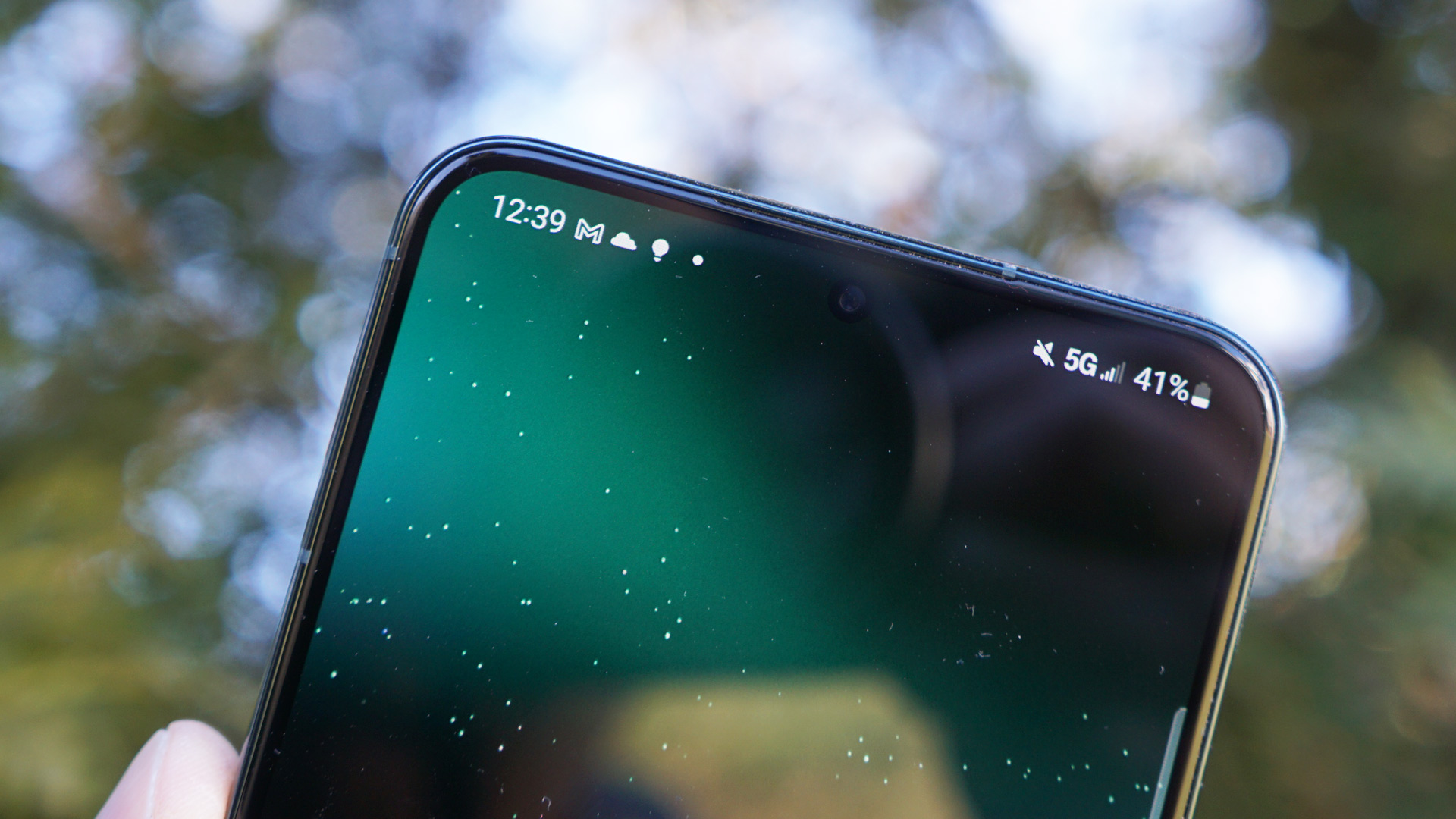
The entire Samsung Galaxy S22 phone family runs on Samsung's One UI 4.1, laid over Android 12.
We like One UI because it mostly doesn't get in the way of a clean Android 12 experience. Yes, it still has its own web browser, which you can happily ignore (along with Samsung's Calendar and Contacts apps), and Bixby (which is tied to the power button for no good reason), but the Gallery app for photos and videos is passable (Google Photos, which is also present, is better).
This is also a 5G phone, which means you can enjoy blazing-fast mobile connectivity where you can get a decent signal. Indoors, however, that's often impossible and evenn the suburbs of most big cities, 5G coverage is spotty. But we did have fun streaming HD Netflix on the train ride home until we moved out of 5G range and back into LTE.
Battery life
It's not clear why Samsung shrunk the Galaxy S22's battery down by 300mAh, from a capacity of 4,000mAh on the S21 to 3,700mAh here, but it doesn't appear to have much of an impact. We got roughly 12 hours of battery life with varied and almost constant use. Your mileage may vary.
The phone doesn’t ship with a charging adapter – just the USB-C cable – but you can use any compatible 25W adapter or charge wirelessly via a Qi adapter.
Should I buy the Samsung Galaxy S22?
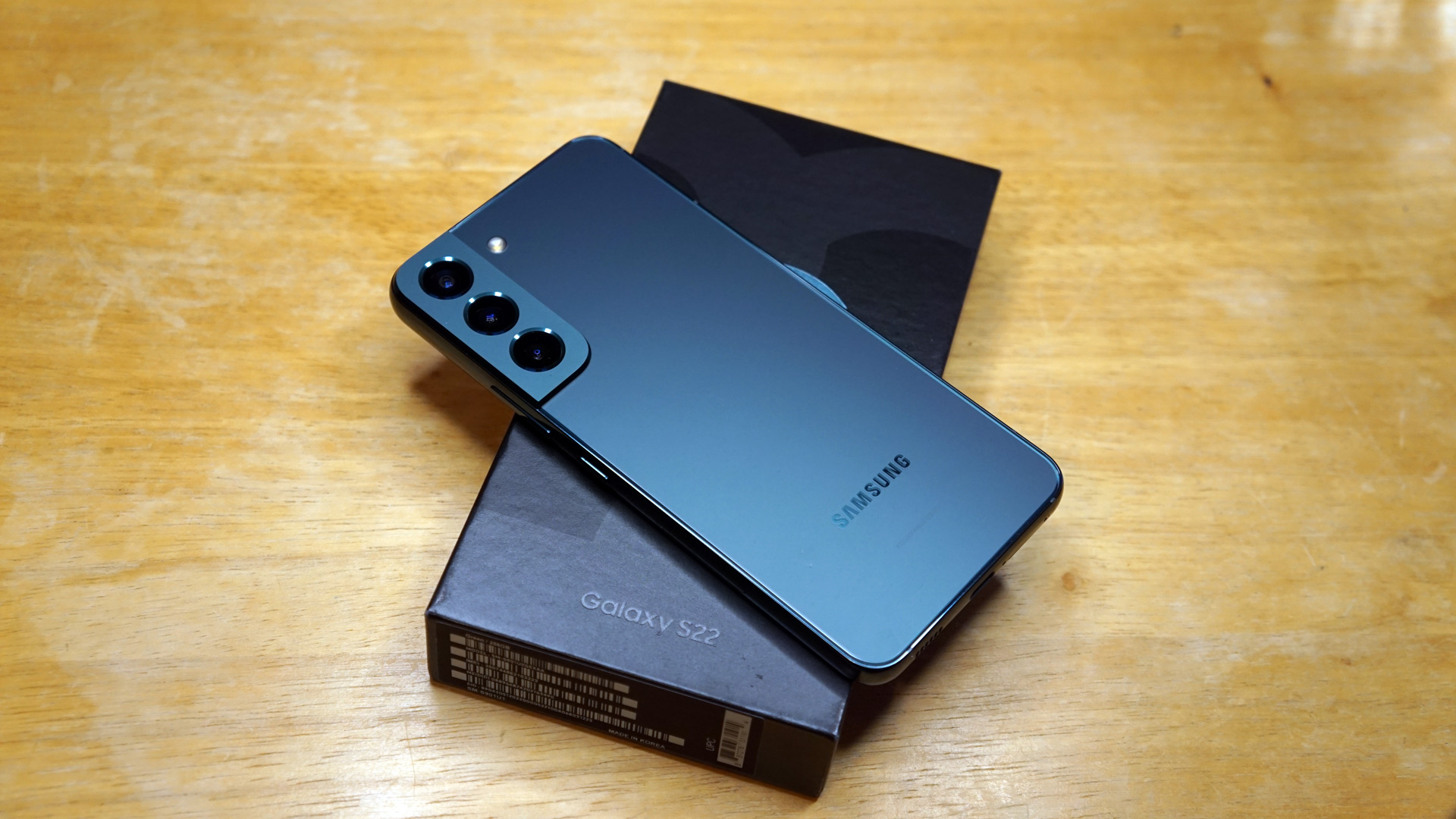
Buy it if...
You're on a budget
This isn't the cheapest Android phone, but it’s a good deal for atop-of-the-line Samsung S-series handset.
You want a small phone
The 6.1-inch Galaxy S22 is just what smaller hands ordered, so if you find most modern mobiles too big, this is a great alternative.
You need a powerful phone
The Samsung’s chipset will give you loads of power for gaming, video editing or anything else that needs lots of juice.
Don't buy it if...
You have big-screen dreams
A 6.1-inch display, even a FHD one like this, can feel a little cramped, especially if you've been living with a 6.5-inch or above handset.
Your budget stretches to the Ultra
We’ve not been shy about our preference for the S22 Ultra –- if you can afford that super-powered Android phone, we’d recommend you go for it.
You have a recent Samsung S phone
If you’re only upgrading from the S20 or S21, the fact that this is an incremental upgrade might put you off – not much is new here.
Also consider
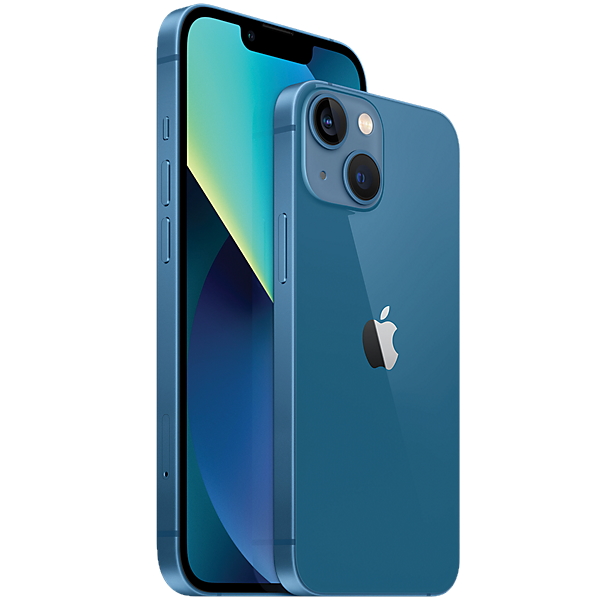
iPhone 13
Samsung's eternal rival Apple has a phone that iOS fans might prefer over the S22 - the iPhone 13 is a similar size, power and camera performance.
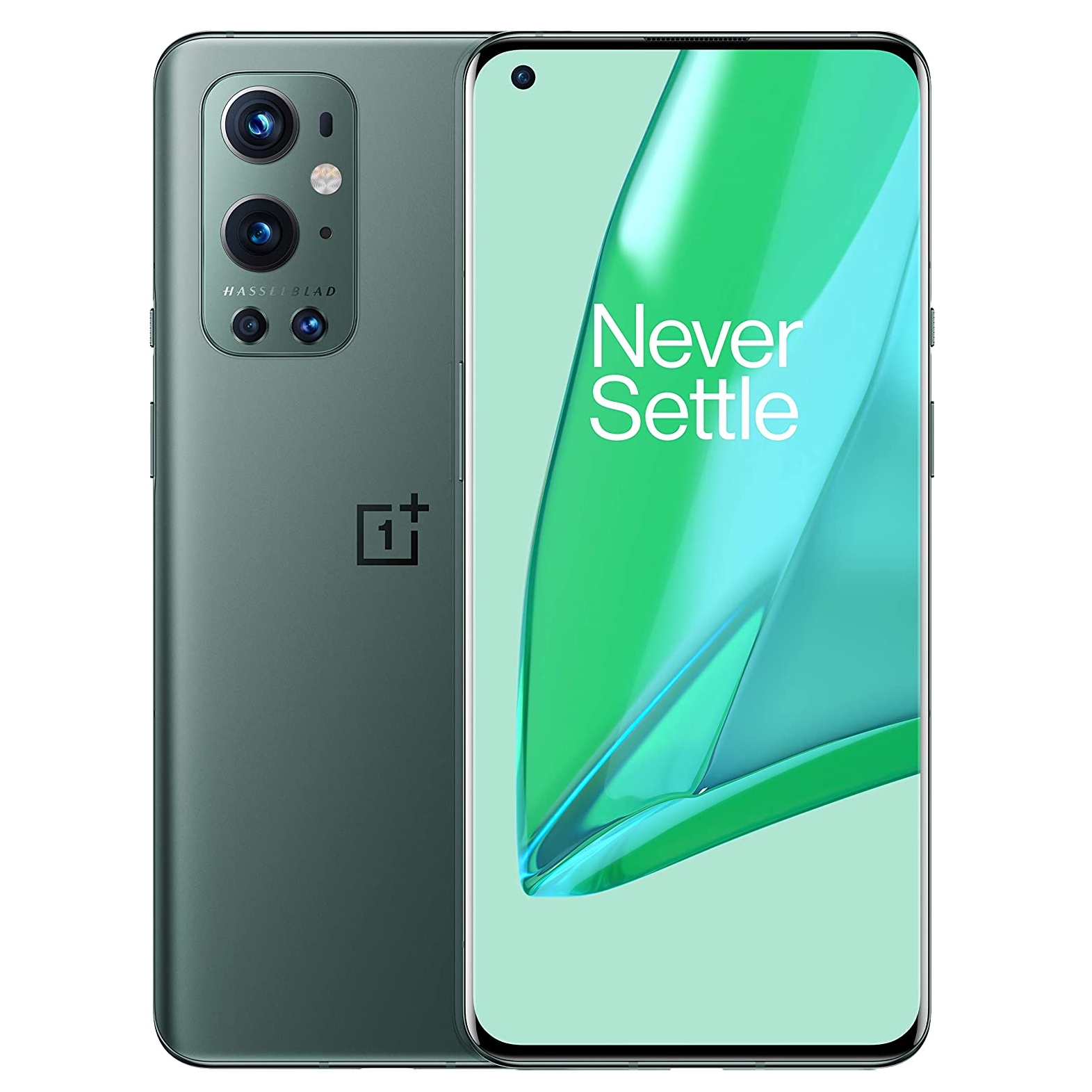
OnePlus 9
Since there's no OnePlus 10 (though there is a Pro), the Chinese company's 2021 Android phone is its closest mobile that you might prefer over the S22.
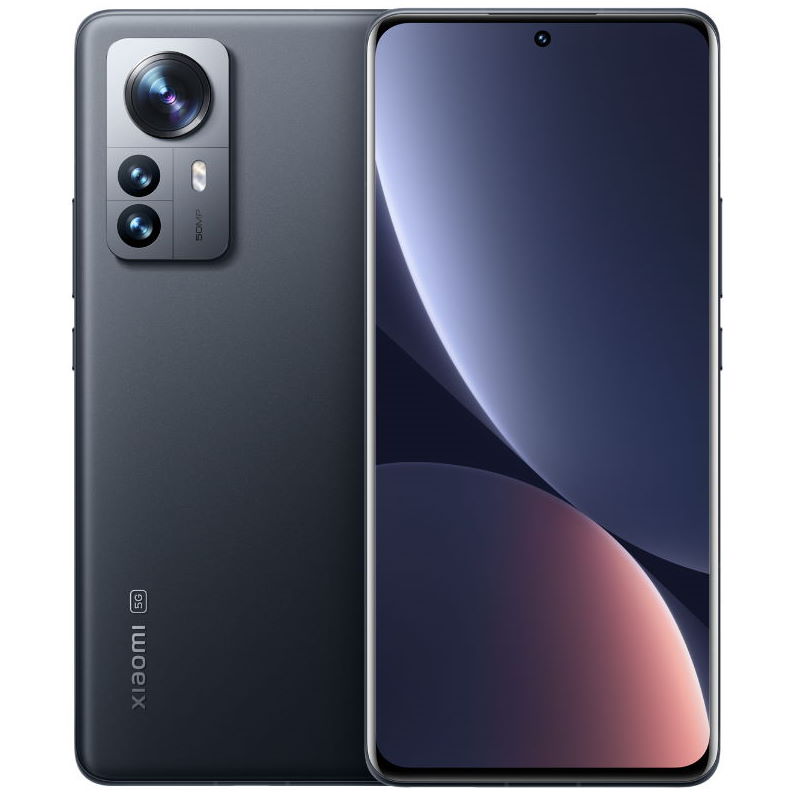
Xiaomi 12
If you want a different small-form Android phone with top specs and a similar price to the S22, Xiaomi has you covered with its contemporary flagship phone.
- First reviewed March 2022
0 comments:
Post a Comment